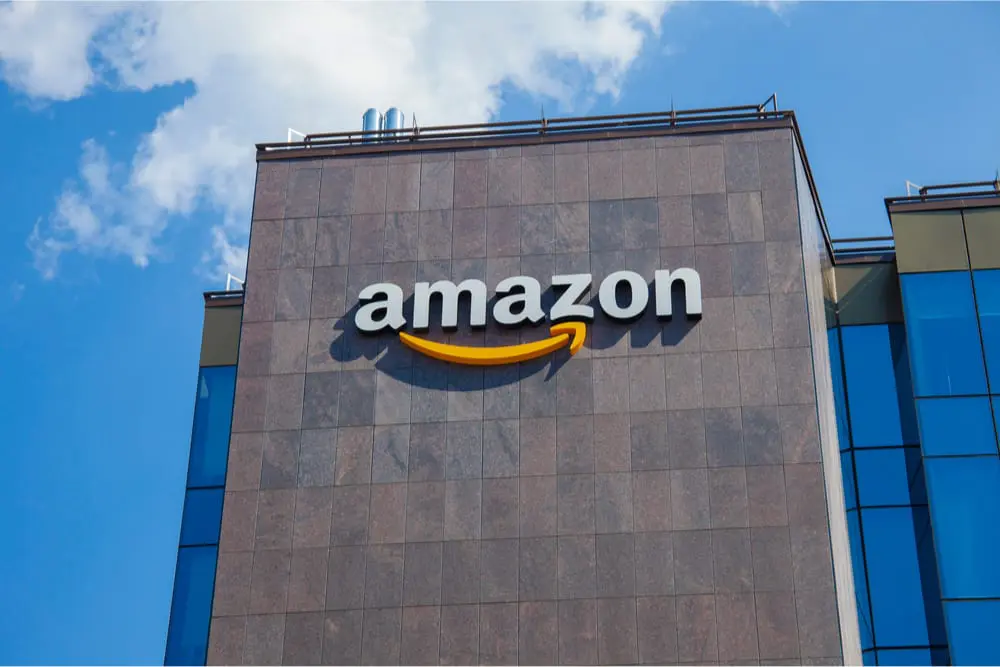Amazon’s new home internet service will soon be one step closer to becoming a reality. According to reports in the weeks to come, Amazon will be launching their first test satellites for their new home internet service. These satellites will be used to confirm Amazon’s design before mass production starts, hopefully, this year.
In October 2022, Amazon announced their Project Kuiper would launch more than 3,000 satellites into low-earth orbit to offer this home internet service. To do this, Amazon has announced plans to build the required satellites in Kirkland, Washington.
Amazon has also secured a deal with multiple companies to launch satellites, including ULA, Arianespace, and Blue Origin. With this deal, Amazon hopes to launch multiple prototypes into space to test the system before mass production starts.
Amazon is facing a deadline as the FCC has given it until mid-2026 to have 1,600 satellites in space or face losing its FCC approval for the project. To meet that goal Amazon needs to confirm its design and start getting ready to mass produce these satellites.
For years Amazon has talked about building a home internet service. Now in 2023, Amazon is going from planning and talking about it to physically launching satellites and finalizing designs to start mass production.
Last month Amazon’s CEO made it clear that home internet is a very important project for Amazon. Here is what Amazon’s CEO said in the letter to shareholders:
Kuiper is another example of Amazon innovating for customers over the long term in an area where there’s high customer need. Our vision for Kuiper is to create a low-Earth orbit satellite system to deliver high-quality broadband internet service to places around the world that don’t currently have it. There are hundreds of millions of households and businesses who don’t have reliable access to the internet. Imagine what they’ll be able to do with reliable connectivity, from people taking online education courses, using financial services, starting their own businesses, doing their shopping, enjoying entertainment, to businesses and governments improving their coverage, efficiency, and operations. Kuiper will deliver not only accessibility, but affordability. Our teams have developed low-cost antennas (i.e. customer terminals) that will lower the barriers to access. We recently unveiled the new terminals that will communicate with the satellites passing overhead, and we expect to be able to produce our standard residential version for less than $400 each. They’re small: 11 inches square, 1 inch thick, and weigh less than 5 pounds without their mounting bracket, but they deliver speeds up to 400 megabits per second. And they’re powered by Amazon-designed baseband chips. We’re preparing to launch two prototype satellites to test the entire end-to-end communications network this year, and plan to be in beta with commercial customers in 2024. The customer reaction to what we’ve shared thus far about Kuiper has been very positive, and we believe Kuiper represents a very large potential opportunity for Amazon. It also shares several similarities to AWS in that it’s capital intensive at the start, but has a large prospective consumer, enterprise, and government customer base, significant revenue and operating profit potential, and relatively few companies with the technical and inventive aptitude, as well as the investment hypothesis to go after it.

